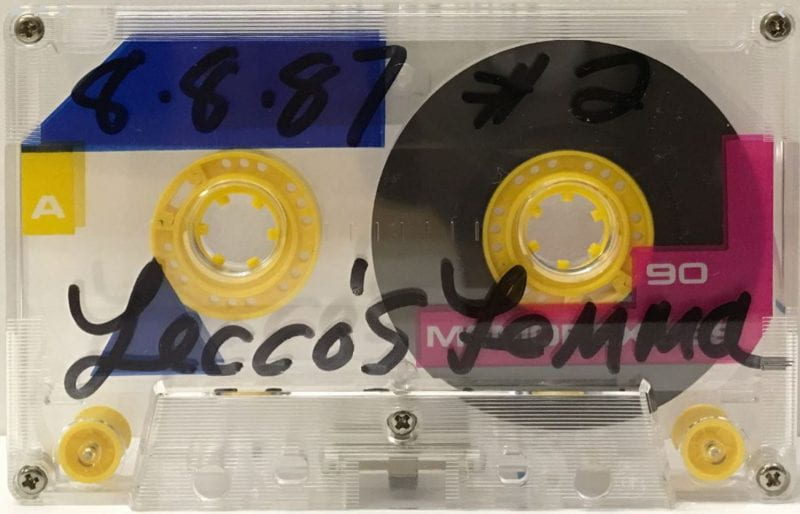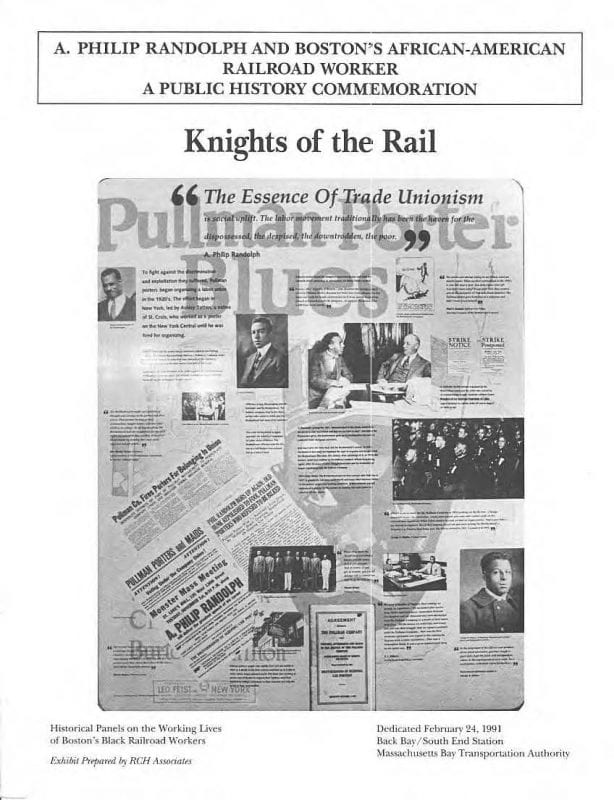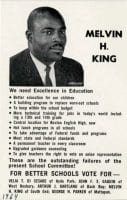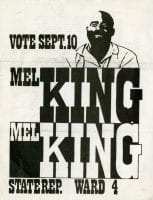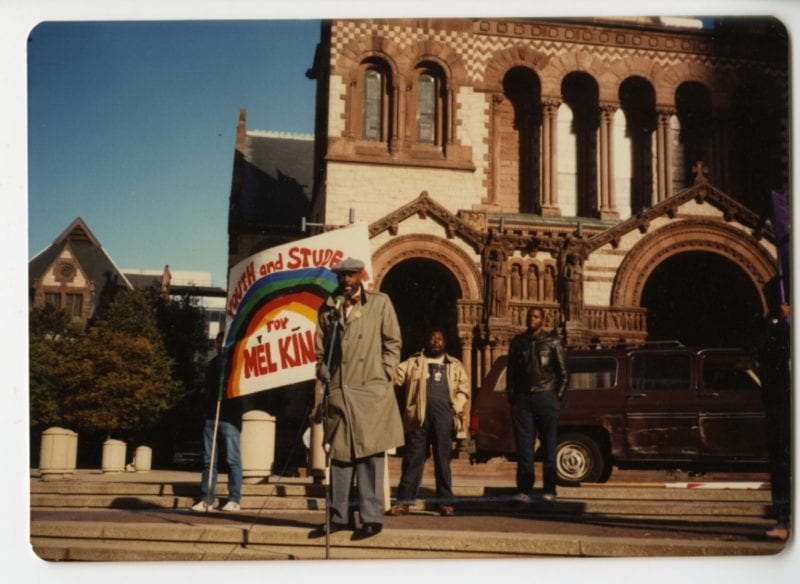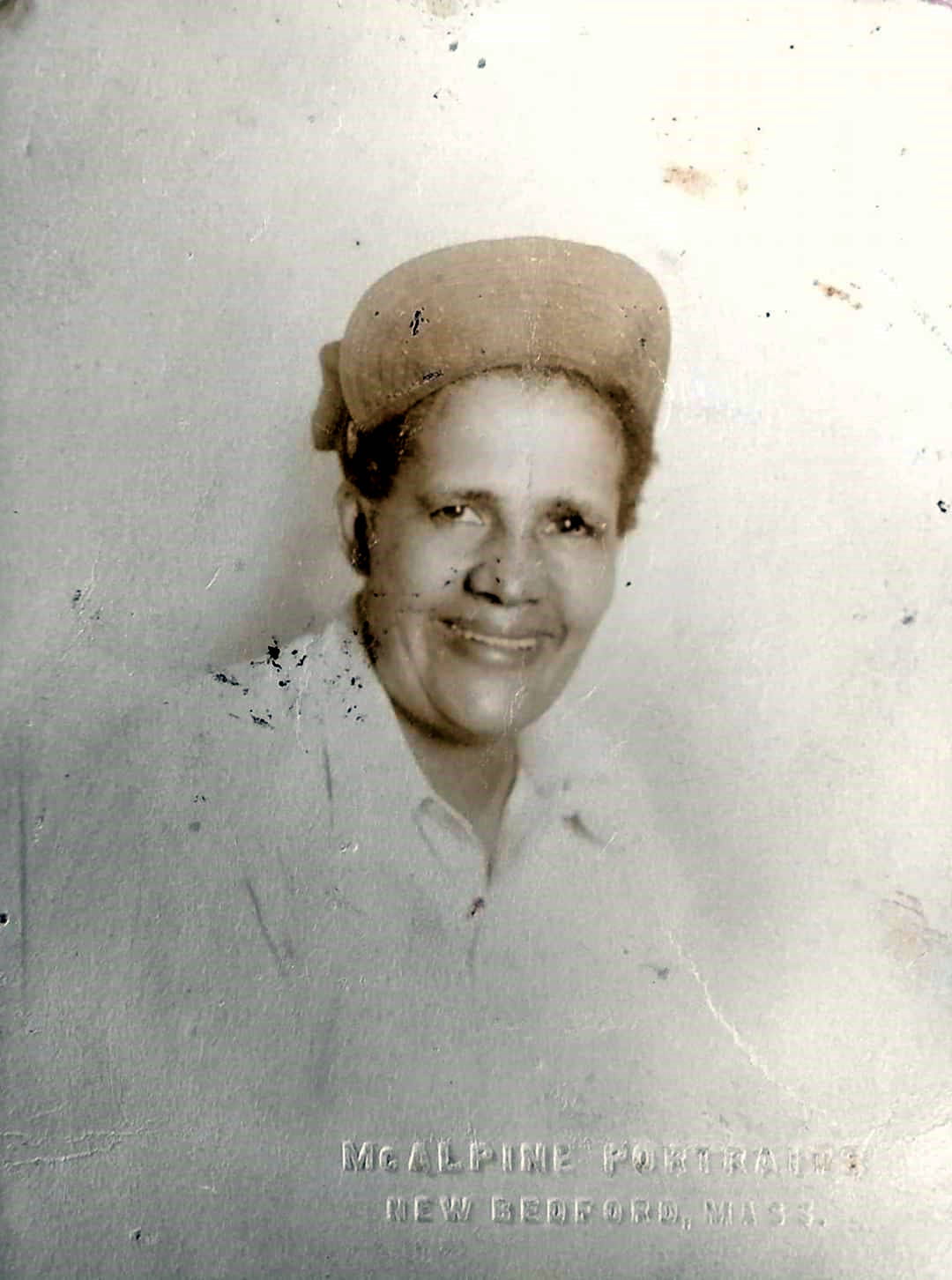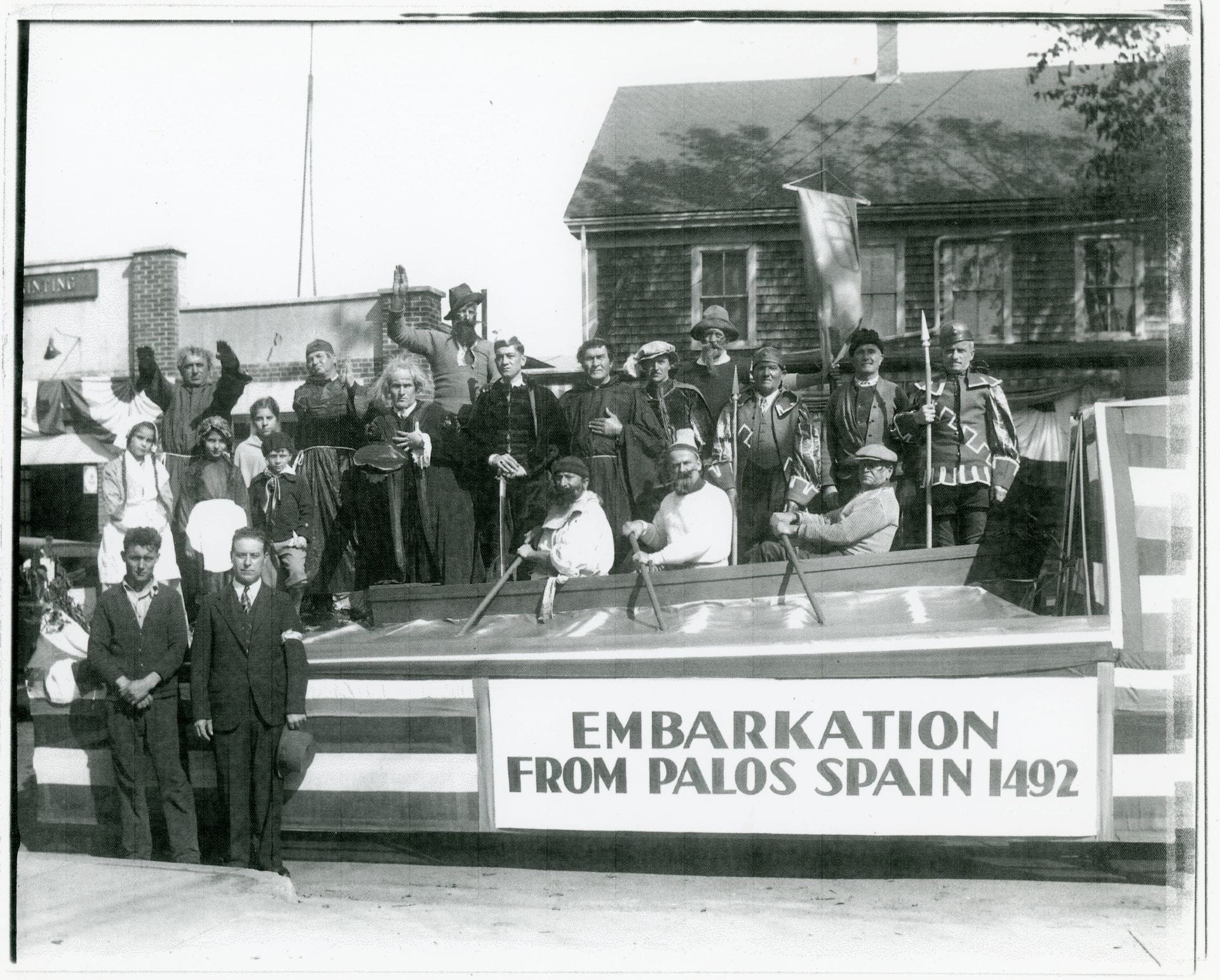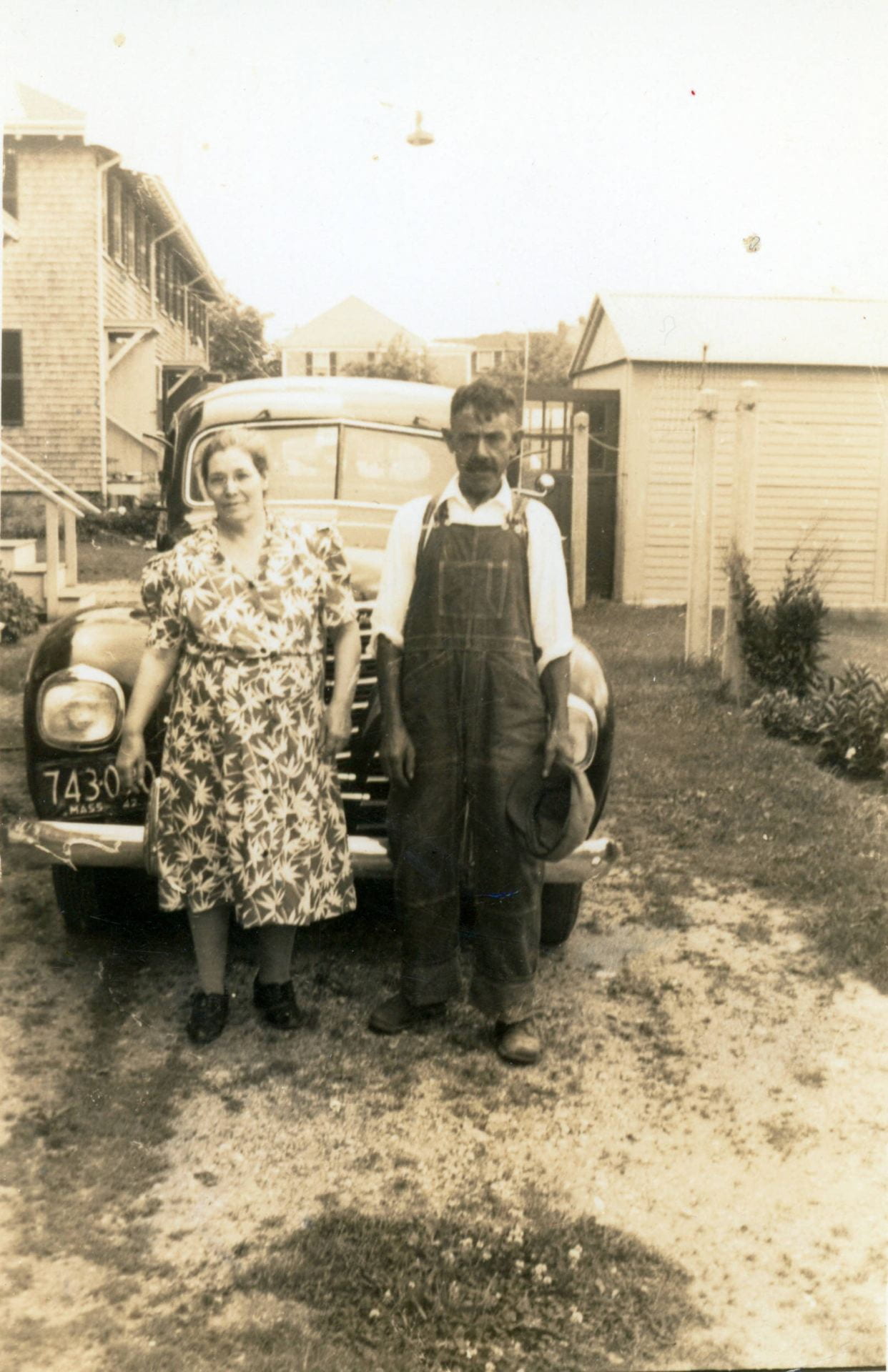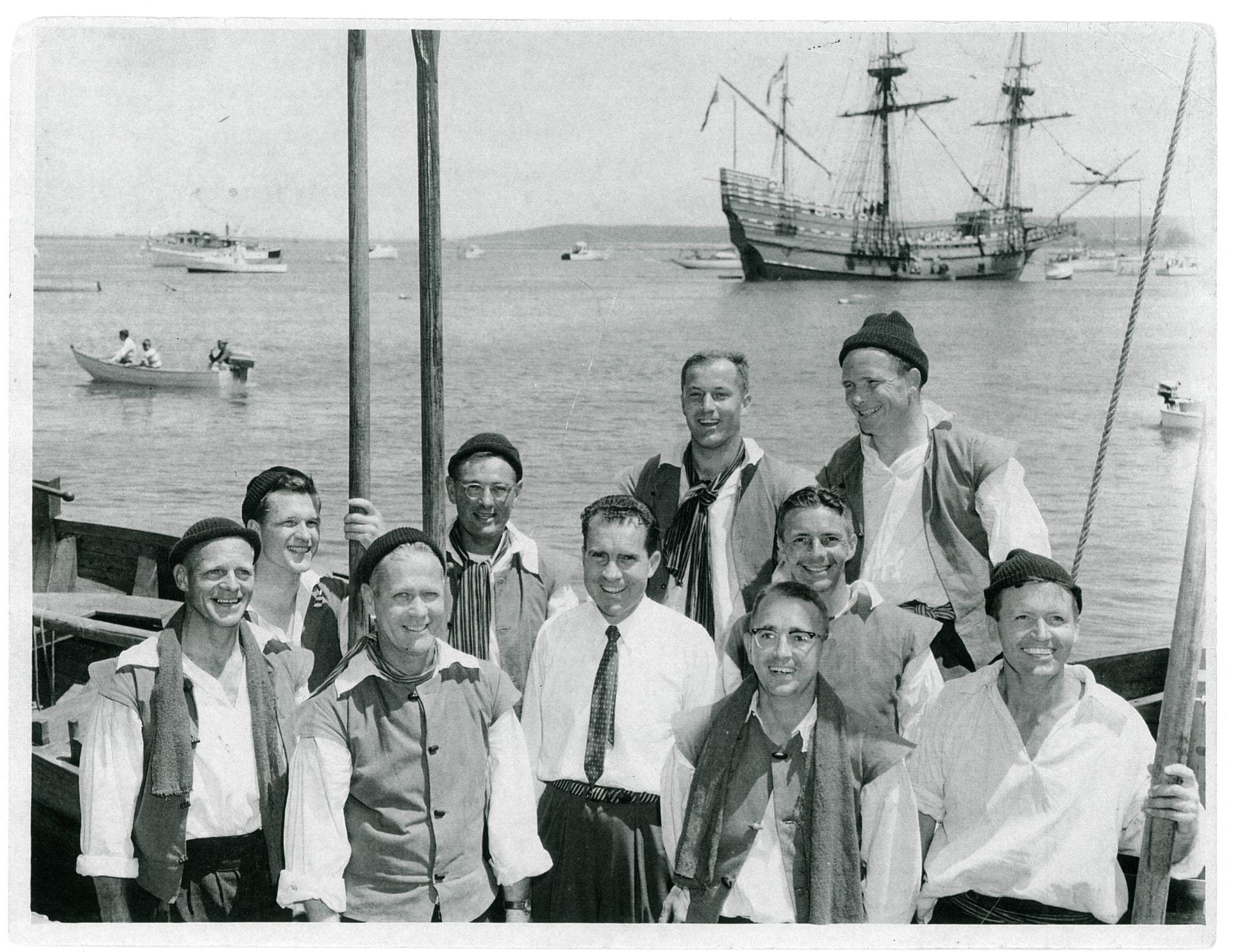Author: Kayla Allen, Archives Assistant and graduate student in the History MA Program at UMass Boston
Happy Black History Month! Black History Month is celebrated during the month of February every year as a way of celebrating important people and events from across the African diaspora. Here at UMass Boston, we have many collections about the Black history of Boston and our campus. Over the course of the month, we will be highlighting some of these collections and stories.
One of our most significant digital collections is the Massachusetts Hip-Hop Archive. This archive is mostly made up of digitized audiocassettes from the Magnus Johnstone and Willie Alexander: Lecco’s Lemma collection, though there are a number of materials currently being processed, including recordings, photographs, videos, and interviews. The first set of audiocassettes in the Lecco’s Lemma collection, originally held by Magnus Johnstone, was donated to us by UMass Boston professor Pacey Foster in 2015. The second set was donated by Willie Alexander in 2016. These audiocassettes feature mixtapes and recordings of the Lecco’s Lemma radio program, a show that ran from 1985-1988 first on MIT’s WMBR (88.1 FM) and later on Boston College’s WZBC (90.3 FM).
Lecco’s Lemma was hosted by Magnus Johnstone and featured music that wasn’t usually played by mainstream radio stations at the time. This included new, interesting, and undiscovered artists, rap music, and local groups. Johnstone would accept demos from Boston-area artists and play them on air. He would even ask these groups to play live performances on his show.
Over the three years he taped, Johnstone collected about 300 mixtapes from local artists, which are now part of our collection. The rest of the audiocassettes in the collection are recordings of the actual Lecco’s Lemma shows, taped by Boston’s “Godfather of Punk,” Willie “Loco” Alexander, on his home boombox. These tapes include ephemera like j-cards, notes, photographs, and lists of artists and songs.
The online collection of the Massachusetts Hip-Hop Archive also includes a video recording of “Boston’s first black dance-music-video television show,” Dance Slam, from the Tony Rose and Yvonne Rose collection. We are currently building the Massachusetts Hip-Hop Archive and welcome donations from graffiti artists, producers, promoters, musicians, DJs, break-dancers, and fans so we can further document and preserve the vibrant hip-hop culture of our area. If you have original and unique materials related to hip-hop in Boston and Massachusetts that you think should become part of the Massachusetts Hip-Hop Archive, you can contact one of our archivists by emailing library.archives@umb.edu.
To see more from our Massachusetts Hip-Hop Archive and listen to Johnstone’s and Alexander’s tapes, check out our digital collection. If you’d like to learn more about Magnus Johnstone, Willie Alexander, and Lecco’s Lemma, be sure to look at their collection’s finding aid.
University Archives & Special Collections in the Joseph P. Healey Library at UMass Boston was established in 1981 as a repository to collect archival material in subject areas of interest to the university, as well as the records of the university itself. The mission and history of UMass Boston guide the collection policies of University Archives & Special Collections, with the university’s urban mission and strong support of community service reflected in the records of and related to urban planning, social welfare, social action, alternative movements, community organizations, war and social consequence, and local history related to neighboring communities. To learn more, visit blogs.umb.edu/archives.
